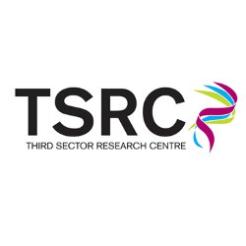The Third Sector Research Centre has concluded that social return on investment (SROI) has a number of limitations and challenges, in a new report.
SROI is an increasingly popular method for the charity sector to measure its social, environmental and economic impact. It involves attributing a financial value to inputs and outcomes, and calculating these as a ratio. For instance, if the SROI is 3:1, it means that every pound invested in the organisation generates a social value worth £3.
However, the Third Sector Research Centre (TSRC) report warns that the method leaves a great deal of space for personal judgement:
“This makes it possible to inflate the value created,” the report says, “and may also lead to misunderstandings about how to interpret the SROI ratio.”
The report goes on to say that one of the main limitations of SROI is that it is difficult to compare results between organisations:
“While recent SROI guidance warns against using it for comparative purposes,” it says, “evidence shows that this is the main motivation for many organisations to use SROI. There are considerable risks to the reputation of the method as it is increasingly used as a comparative tool for organisations competing for contracts or philanthropic funds. “
The report also notes that while SROI demonstrates impact, it does not fully explain how or why these impacts incur: “As such, it may not help organisations to replicate and improve interventions.”
The report also highlights the difficulty of attributing monetary values to some outcomes: “SROI seeks to value both the benefit to the wider economy and the individual. But while we may be able to calculate, for example, the average cost of treating depression on the NHS, valuing personal benefit in monetary terms may be more complex.”
Malin Arvidson from TSRC said: "‘SROI is likely to become an increasingly dominant approach to measuring the impact of voluntary organisations due to support from various parts of the public sector. But analysis of SROI raises important questions about why and how we measure impact.
“SROI arguably provides a powerful tool to help organisations illustrate the value they create in a language that those outside the sector understand. But we need to pay attention to how results are used, especially as there is a tendency to adopt it as a comparative tool. Furthermore, if it doesn’t help us to understand why change happens then it may not help organisations to improve or replicate interventions."









